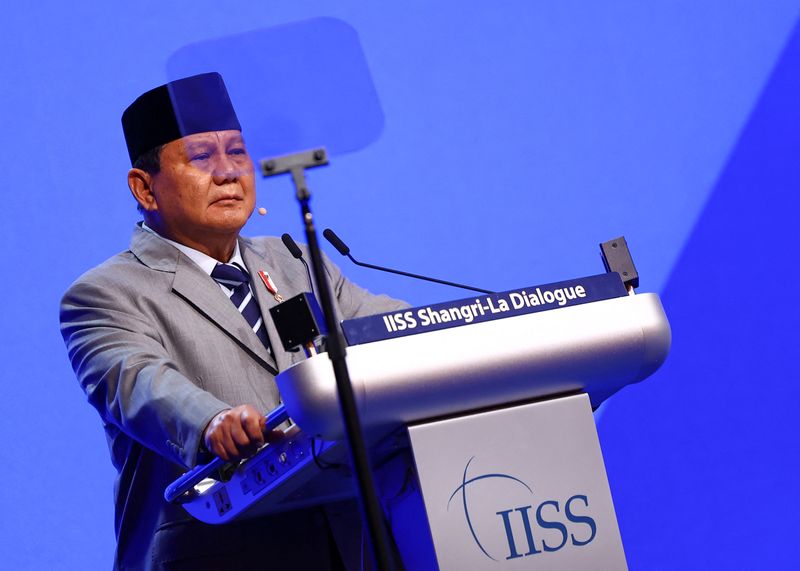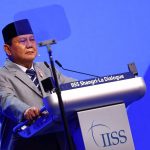Prabowo’s adviser for fiscal matters, Thomas Djiwandono, said he was not aware of any discussion to remove fiscal gap and debt ceilings, adding the president-elect remained committed to designing the 2025 budget within the legislated fiscal boundaries.
“We remain committed to plans that have been set by President Joko Widodo for 2025,” he told Reuters, referring to a budget gap within a forecast range of 2.29% to 2.82% of GDP next year.
Under Indonesia’s State Finance Law, introduced in the aftermath of the Asian financial crisis in the late 1990s, the government’s annual budget deficit is capped at 3% of gross domestic product and the maximum debt-to-GDP ratio is 60%.
Prabowo has set up a special team to review options to revise the laws to remove the fiscal limitations, as well as to create a new tax collection agency, according to the Tempo report, which cited three sources.
The team is being supervised by a former chief justice of the Constitutional Court, Jimly Asshiddiqie, Tempo said.
Jimly told Reuters on Tuesday he has been supervising a team to review a range of laws, including the State Finance Law, but did not respond to questions on fiscal ceilings.
“I’m giving advice … so the creation of the new tax agency would not violate any existing laws,” he said.
Prabowo’s plans to increase spending in Southeast Asia’s largest economy has already put the debt and currency markets on edge. Some economists have flagged increasing fiscal risks under the incoming administration which has promised to boost economic growth to 8%, from around 5% now.

The rupiah hit four-year lows last month following a news report that Prabowo intends to raise the debt-to-GDP ratio to 50% gradually, from under 40% now, a plan that the president-elect’s economic team has denied.
($1 = 16,292.0000 rupiah)
To read the full article, Click Here

